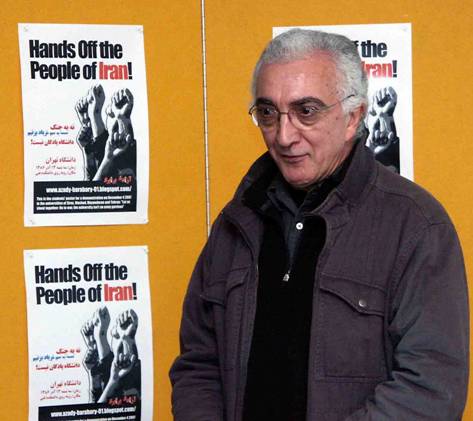For indepth background analysis of the conflicts in the Middle East check out back issues from our MidEast Solidarity and Liberation journals:
MidEast Solidarity Spring 2001 mideast17
No to West’s war of terror
The West’s mass murder in Iraq
Israel’s war on the Palestinians
From Zionism to socialism
One year of the new intifada
Fear of fundamentalism
How the West made Bin Laden
Labour wages war on workers and poor
The problem is capitalism
Towards an anti-imperialist movement
MidEast Solidarity Autumn 2002 mideast22
Black Hawk Down actor speaks out
United Nations – friend or foe?
Peace is not good enough – against the invasion of Afghanistan
Palestine – solidarity urgently needed
Behind the wars on the Palestinians
Deir Yassin massacre
Who is in Palestine?
Liberation Spring 2002 liberation11
Liberating ideas and the movement we need to oppose the war on Iraq
Depleted uranium – another weapon of Western terror
How the West strangles the Middle East
One year on in Afghanistan
Represssion and resistance in Turkish jails

